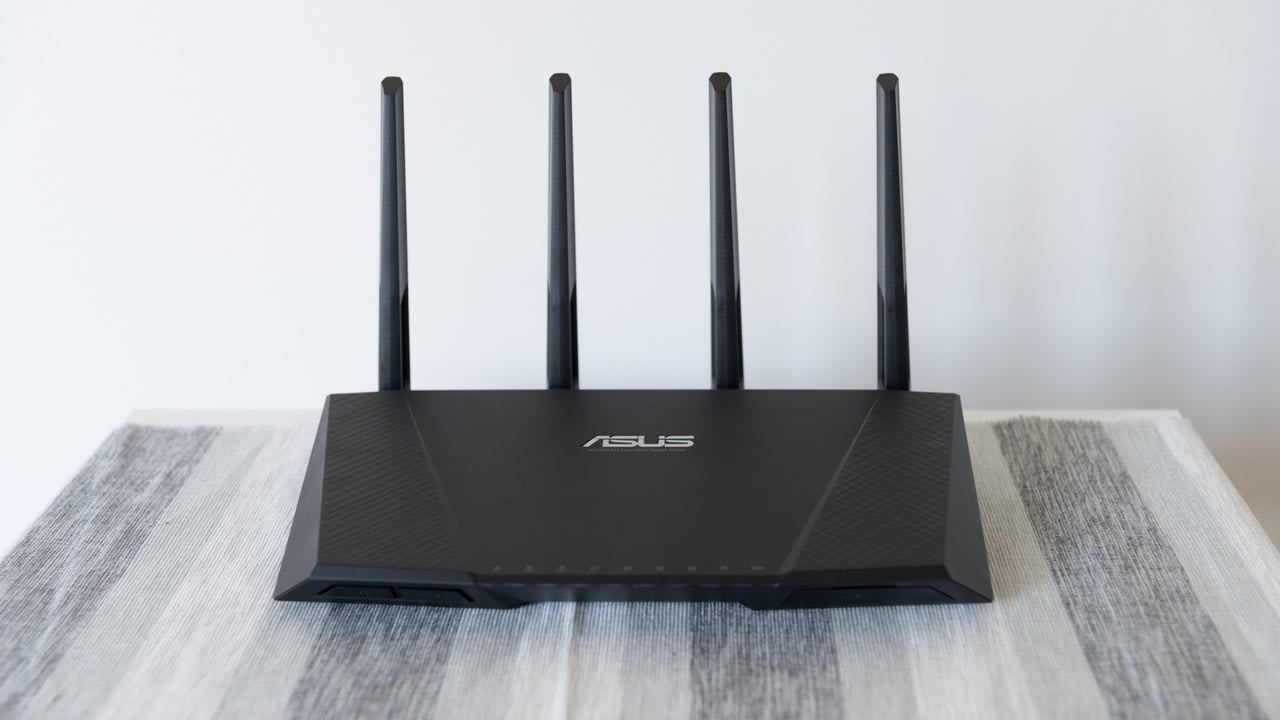Asus RT-AX88U with Merlin 386.2_6.
I appreciate any help. I've configured routers before, but I find the Asus firmware to be pretty awful.
Firewall > General Tab
01. I assume the firewall at the top of the page under "General" is the IPV4 firewall.
02. What is the difference between the options under "logged packets type"; dropped or accepted?
03. I assume that the Inbound Firewall rules at the bottom apply to both IPV4 and IPV6?
04. Does anyone know a reasonable set of inbound firewall rules that I can just use?
Firewall > Network Services Filter
01. I assume that to have the network services filter always on you just check Mon-Fri and leave the Time of Day at 00:00 - 23:59?
02. In the Network Services Filter table at the bottom:
02.01. Does Source IP let you specify a specific machine on your lan? Is destination IP a specific machine that a computer on your lan could connect to?
03. I assume that the first Port Range column refers to a port range on your local machine and the second Port Range column is a port on the destination IP?
So if you wanted to prevent a specific machine on your lan from telnet-ing to a specific IP address on the internet you would configure it like this:
Source IP | Port Range | Destination IP | Port Range | Protocol |
192.168.1.5 | 23 | 172.214.4.174 | 23 | TCP |
Which means that your local 1.5 machine WOULD be able to use telnet to reach some other machine on the internet?
And if you left the Source IP/Port Range and Destination IP/Port Range columns blank:
Source IP | Port Range | Destination IP | Port Range | Protocol |
| 23 | | 23 | TCP |
Then no machines on your lan could use port 23 to reach any machine on the internet?
I appreciate any help. I've configured routers before, but I find the Asus firmware to be pretty awful.
Firewall > General Tab
01. I assume the firewall at the top of the page under "General" is the IPV4 firewall.
02. What is the difference between the options under "logged packets type"; dropped or accepted?
03. I assume that the Inbound Firewall rules at the bottom apply to both IPV4 and IPV6?
04. Does anyone know a reasonable set of inbound firewall rules that I can just use?
Firewall > Network Services Filter
01. I assume that to have the network services filter always on you just check Mon-Fri and leave the Time of Day at 00:00 - 23:59?
02. In the Network Services Filter table at the bottom:
02.01. Does Source IP let you specify a specific machine on your lan? Is destination IP a specific machine that a computer on your lan could connect to?
03. I assume that the first Port Range column refers to a port range on your local machine and the second Port Range column is a port on the destination IP?
So if you wanted to prevent a specific machine on your lan from telnet-ing to a specific IP address on the internet you would configure it like this:
Source IP | Port Range | Destination IP | Port Range | Protocol |
192.168.1.5 | 23 | 172.214.4.174 | 23 | TCP |
Which means that your local 1.5 machine WOULD be able to use telnet to reach some other machine on the internet?
And if you left the Source IP/Port Range and Destination IP/Port Range columns blank:
Source IP | Port Range | Destination IP | Port Range | Protocol |
| 23 | | 23 | TCP |
Then no machines on your lan could use port 23 to reach any machine on the internet?


